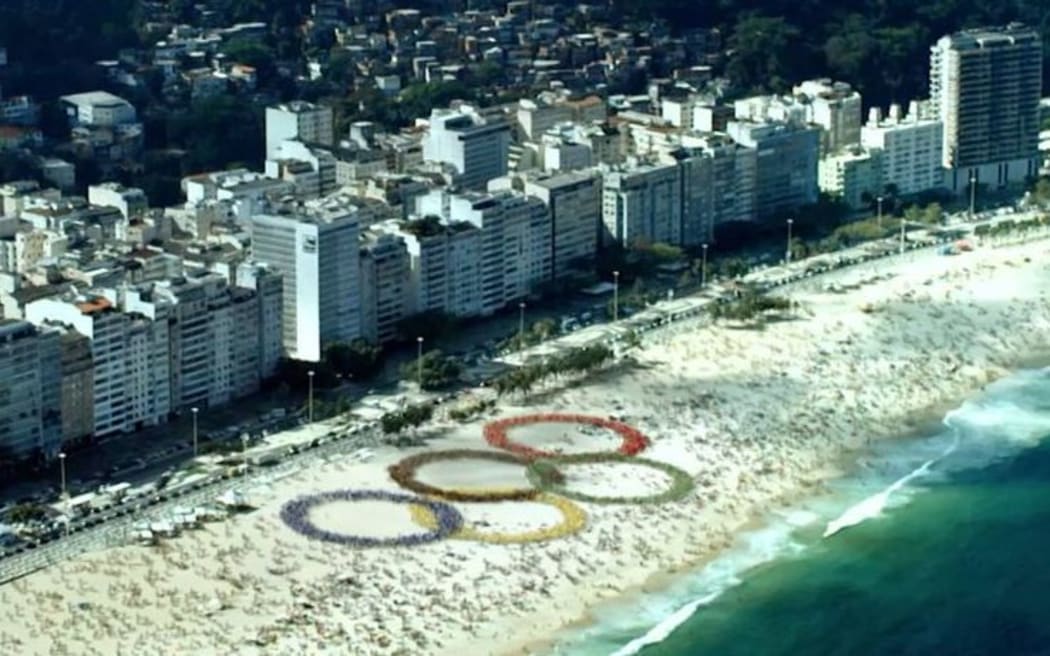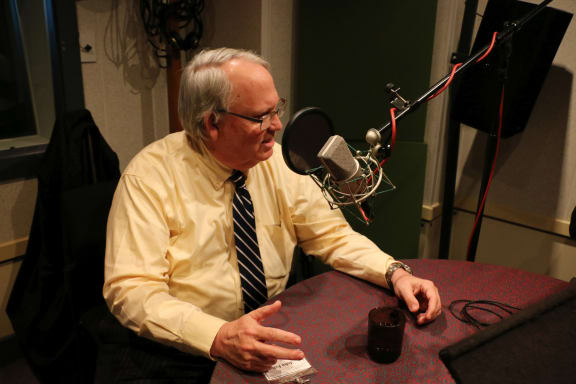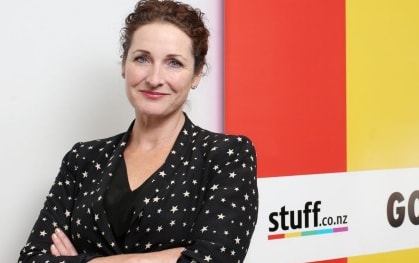Two big names in NZ media have told their sports reporters not to pack their bags for Rio just two weeks out from the Olympic Games. Why? And what will it mean for coverage of Kiwi competitors in our news?

Rio beach Olympics 2016. Photo: Supplied
New Zealand athletes missed the 1980 Moscow Olympics because of geopolitics. New Zealand joined other countries in a boycott over the USSR's invasion of Afghanistan.
This week Fairfax Media and NZME announced they will boycott Rio ... because of media politics.
Both Fairfax and NZME say Sky TV is using its exclusive TV broadcasting rights to the Games to unfairly direct news coverage.
NZME is the owner of the New Zealand Herald and its website and Fairfax Media owns most of the other big papers in New Zealand and website stuff.co.nz. The absence of their reporters on the ground in Rio - more than a dozen in total - will have a big impact on the coverage people here will get in their papers and online.
They will now have to rely on reports from foreign reporters and news agencies - which won't be especially interested in Kiwi competitors - and their sports reporters will be watching from home.
The coverage just won't be the same in Fairfax and NZME outlets - especially of Kiwi competitors who won't be of as much interest to the global media.
"They’ll have their notebooks out watching Sky,” said Sky TV chief executive John Fellet - somewhat provocatively.

Sky TV chief executive John Fellet Photo: RNZ / Francesca Emms
On Checkpoint with John Campbell, Sky TV director of communications Kirsty Way said New Zealand was one of only three countries where non-rights holders would be able to use video clips from the Olympic Games.
Fairfax and NZME had been offered terms she described as "the most reasonable in the world," given that Sky had paid a lot for exclusive TV rights. But that’s not the way Fairfax Media sees it.
“It is not true that we have been given more generous provisions than media overseas,” Fairfax group editor Sinead Boucher told Mediawatch.
She said the options for news access offered by Sky TV involved long delays for media companies posting footage from Olympic events online. She said local copyright law which allows “fair dealing” of short extracts was being overridden in the agreements.

Sinead Boucher, Fairfax NZ Group Executive Editor. Photo: Fairfax NZ
“I don’t believe that just because Sky has purchased the broadcast rights for TV that they should be given the power to control how other media companies report on the Games. It is an event of national significance and interest," she said.
Fairfax and NZME plan to merge into one company later in the year and have certainly taken a joint approach to this problem.
Former TVNZ news chief Bill Ralston told the NBR both would save money by keeping reporters at home for the six--week Olympic period, and that may have been a factor in the decision.
Behind the scenes issues
Clashes over reporting restrictions imposed for major sports events is a recurring problem now that news publishers are posting ever-increasing amounts of short video on their news websites. Broadcasters who pay heavily for the exclusive rights consider it diminishes the value of their investment.
New Zealand TV broadcasters have engaged lawyers and clashed in court in the past over the re-use of footage from Rugby World Cup matches and Commonwealth Games events.
Fairfax Media did not send its Australian reporters to the last Rugby World Cup, citing restrictions on reporters’ access to events on the publication of online video.
At that time, UK-based lobby group News Media Coalition said the controls over coverage of sport and events such as concerts was "creeping across more areas of news gathering and areas where the free press should be able to actively provide the needs of the public".
News publishers have also boycotted overseas tours of the Australian cricket team because of similar concerns.
Video at the forefront
This dispute also shows just how important online video has become to the two publishing companies, which previously focused on printed newspapers. There is nothing to prevent Fairfax or NZME reporters filing any amount for text or still images for publication online.
"Video is a core part of what any modern media company does today," Ms Boucher told Mediawatch.
"They say it cuts across their business. We say the Copyright Act recognises the rights of media companies to use fair dealing to report on major news events. They’re saying that to go to Rio and report we have to waive our legal rights under the Act. We don’t think that’s acceptable."
New Zealand Media Freedom Committee represents the shared interests of New Zealand media companies.
Its chair Joanna Norris, also the editor of Fairfax Media's Christchurch newspaper The Press, agreed it was unacceptable.

Joanna Norris. Photo: Fairfax NZ
"The loser in this situation is the New Zealand public who rightly expect broad and free media coverage of important international sporting events such as the Olympics," Ms Norris said.
But TVNZ and Mediaworks are making no such protest - and still plan on sending accredited reporters to Rio under terms agreed with Sky TV.
"As a non-rights holder we've successfully covered a number of Olympic and Commonwealth Games in the past working under similar news access rules. What Sky and the IOC have offered across all platforms for the Rio Olympics is better than we've ever had," Mediaworks news anchor Mike McRoberts, who will be going to Rio, said.
"There are no positives in Fairfax and NZME's decision to pull their teams from Rio and we keenly feel the disappointment of those journalists who are no longer going," he said.

